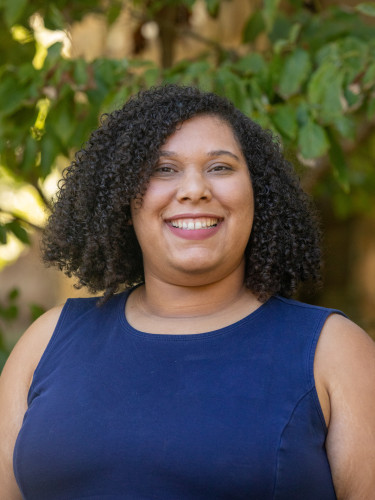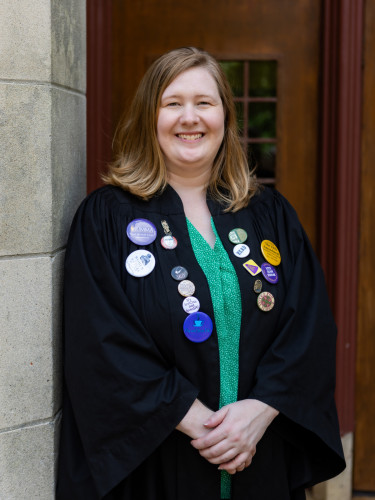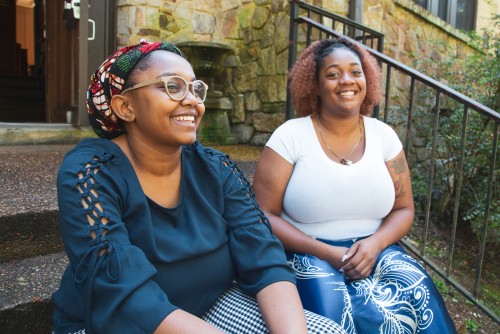Women’s and Gender Studies is an interdisciplinary program dedicated to analyzing the ways in which power, privilege, and positionality shape women’s diverse social experiences. We adopt the analytical framework of intersectionality to investigate how multiple categories of social difference such as race, class, gender, sexual orientation, and disability interact to produce interlocking systems of oppression that impact the most marginalized groups in society.
Why women's and gender studies at Sewanee?
Our courses seek to make visible and interrogate power relations that result in the marginalization of women, people of color, and others affected by structural injustices. Students will learn about the historical and contemporary contributions of women from a global perspective, to identify and analyze stereotypes and forms of discrimination related to women and gender, and to inquire into the diversity of experiences among women and within the spectrum of gender.
Majors and minors are encouraged to reflect on the ethical commitments that inform their understandings of themselves and the social institutions in which they participate. Methods of feminist pedagogy are used in our courses, namely teaching techniques that encourage student participation, active learning, and egalitarian exchange among students and the instructor. Our students have multiple opportunities to bridge feminist theory and social practice by conceptualizing and realizing collective activist projects during their senior year and in multiple women's and gender studies courses. Women's and gender studies graduates are making a difference in a wide range of fields including social work, law, public health, politics and public policy, nonprofit organizations and the arts.









